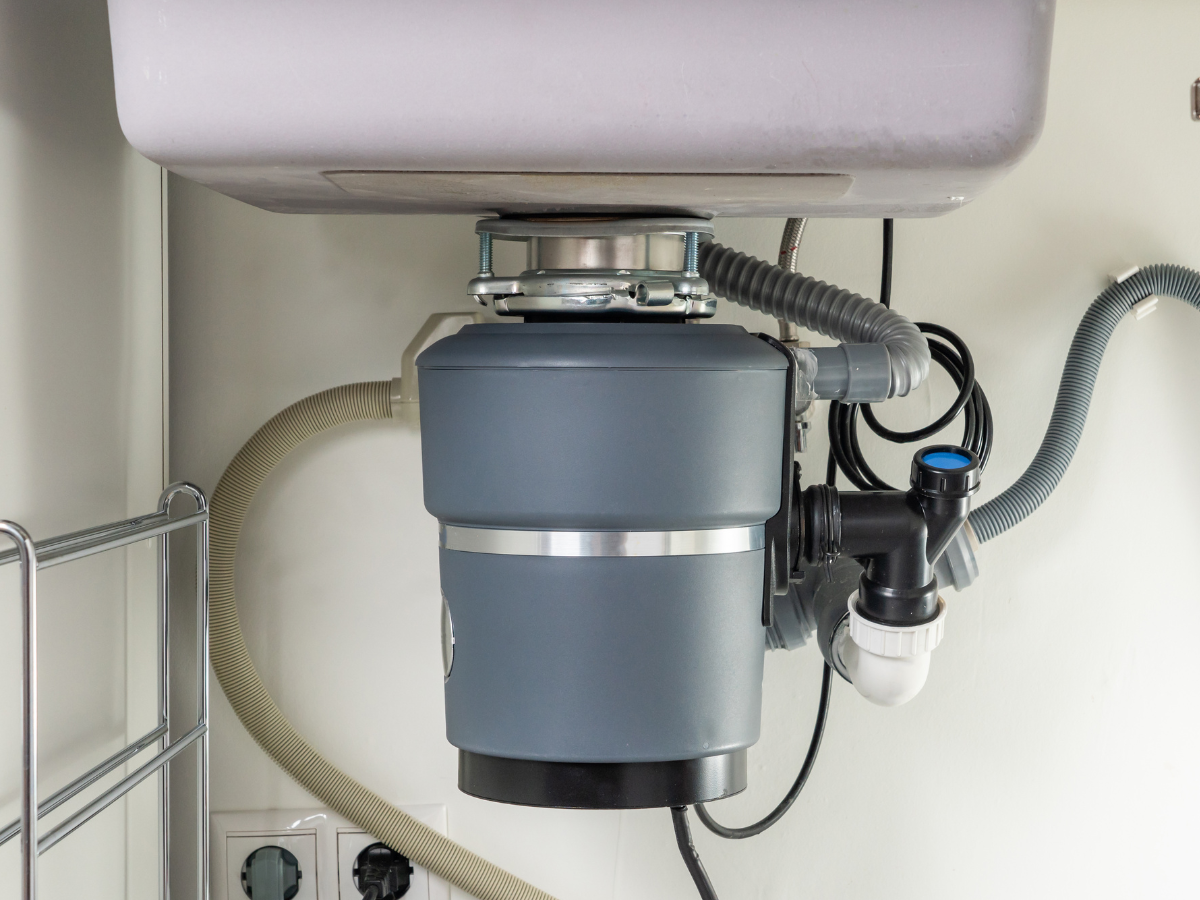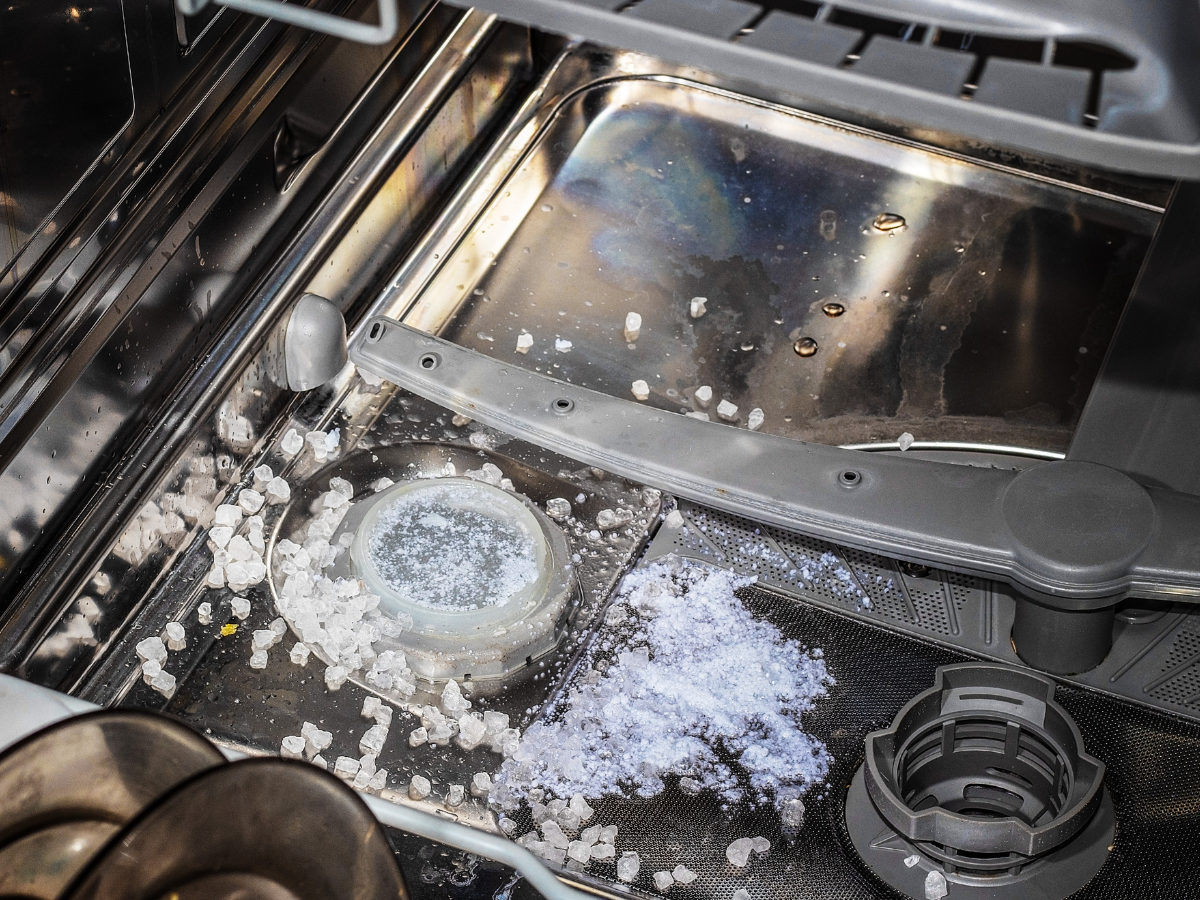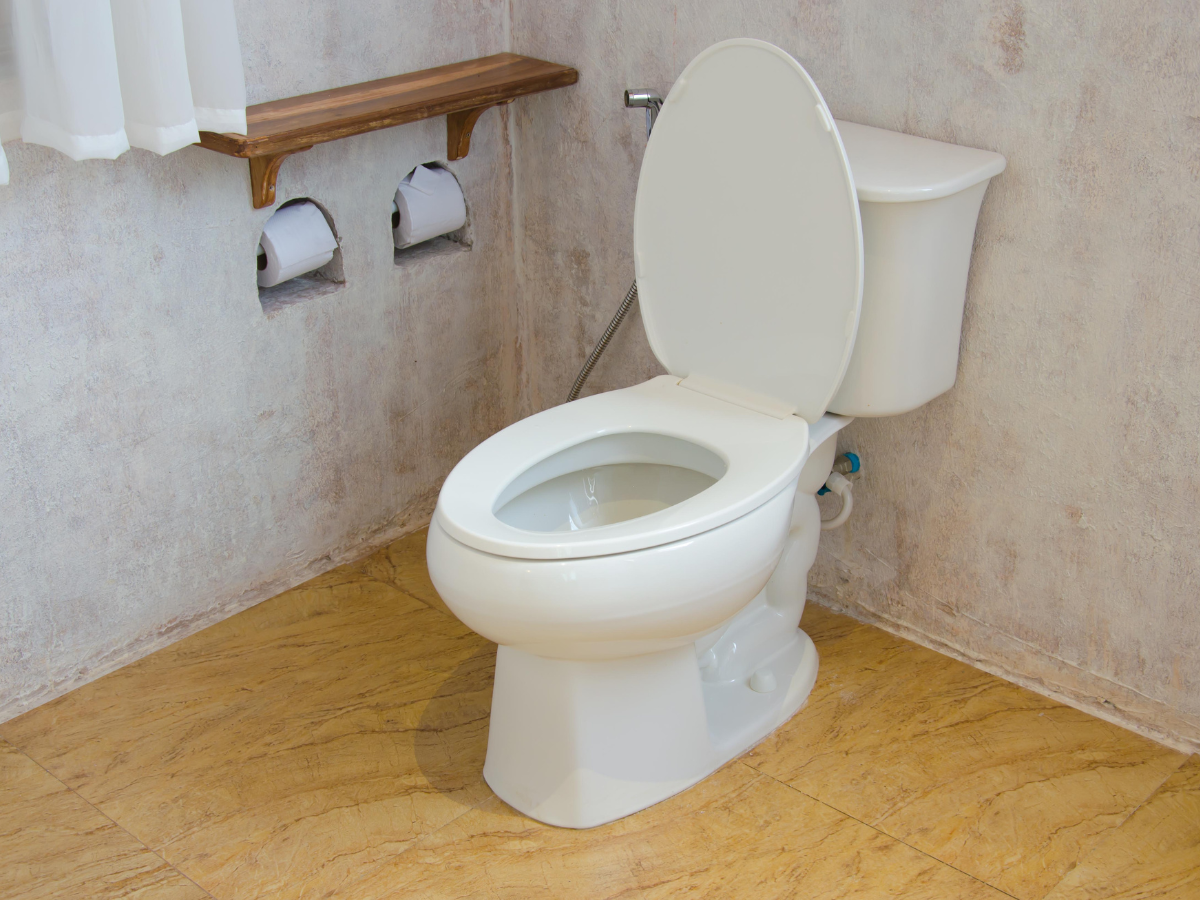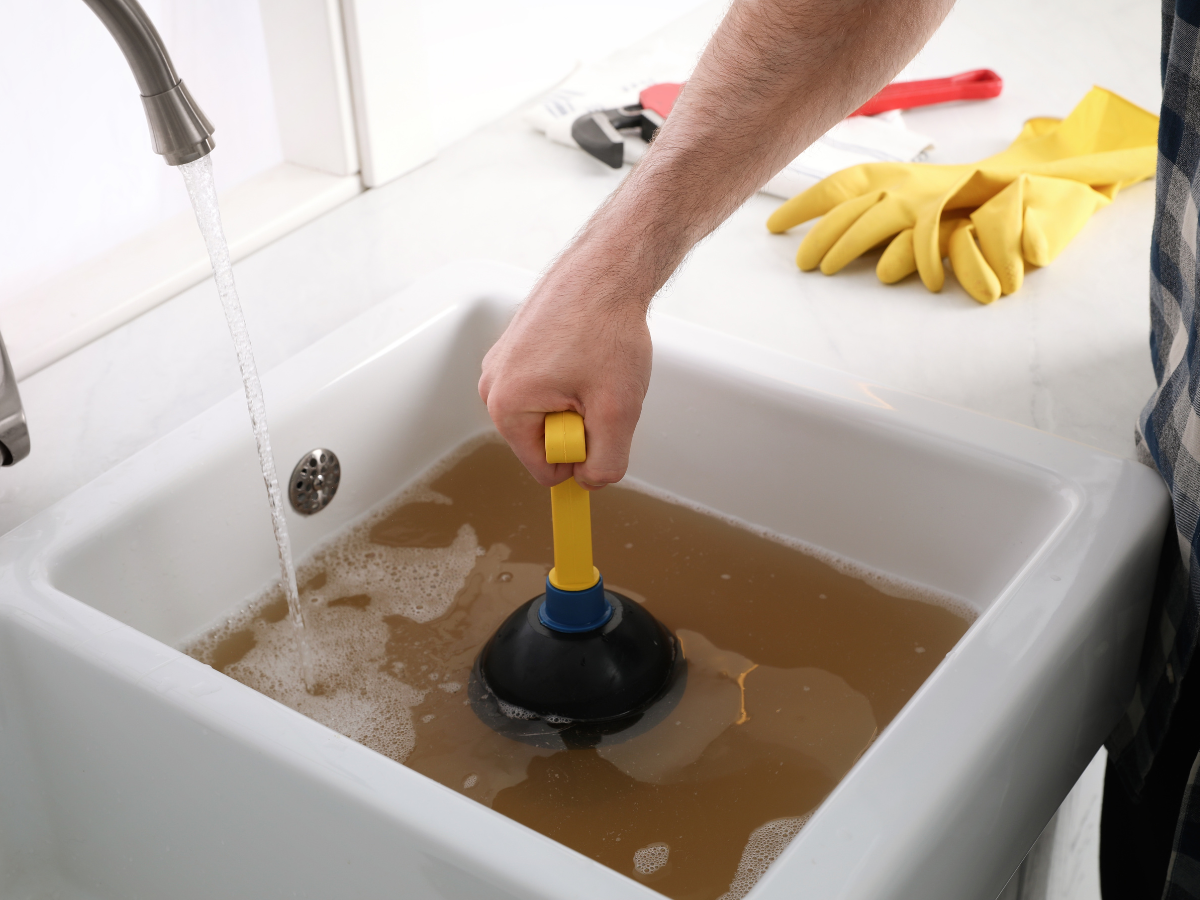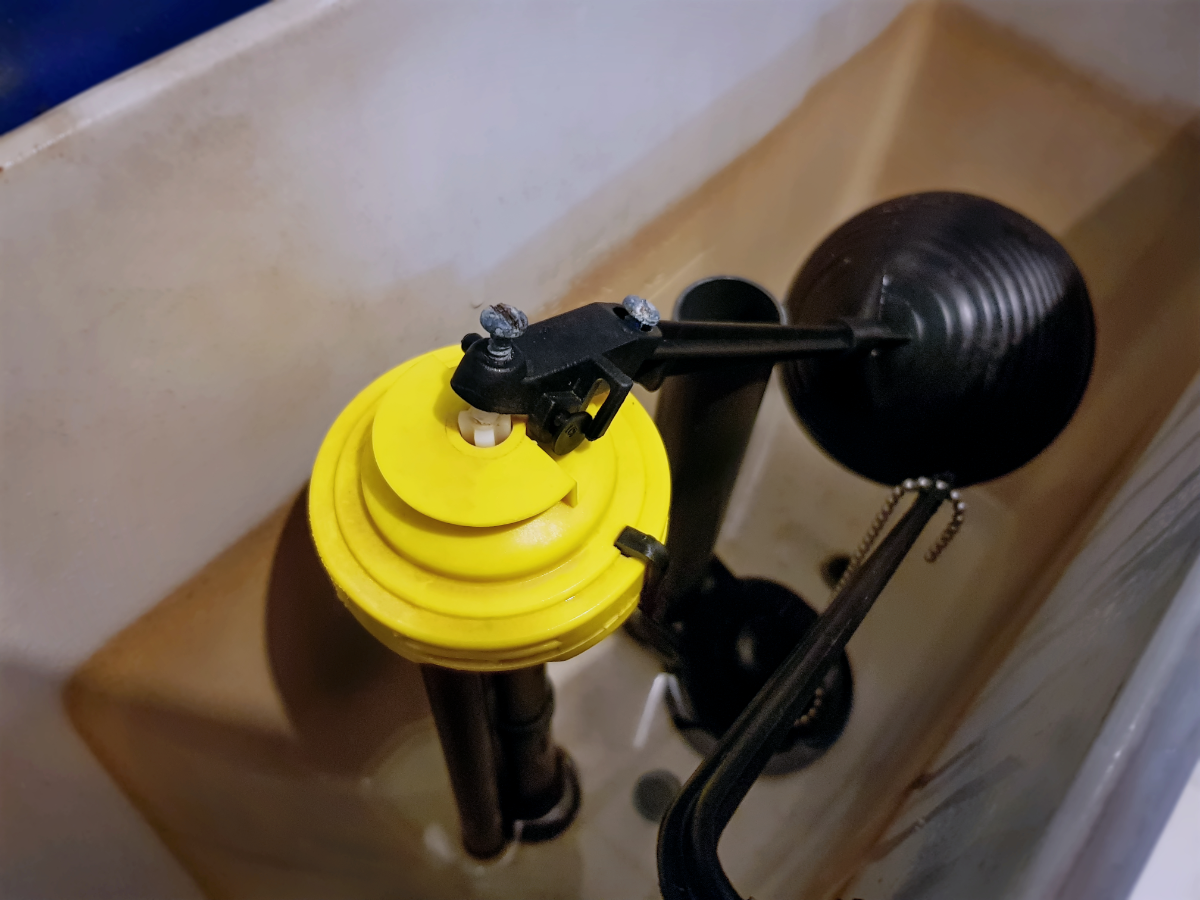How to Make Your Stinky Sink Drain Smell Better
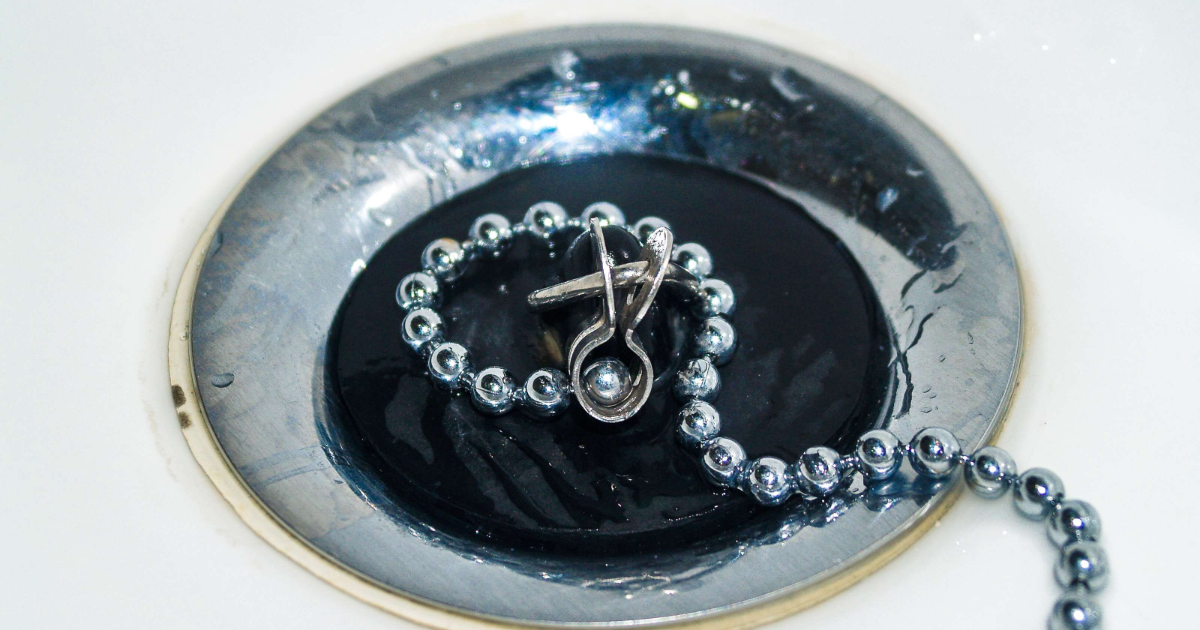
It’s a common household issue we’ve all been through – a stinky sink drain. Though seemingly trivial, maintaining a fresh-smelling sink drain is a significant aspect of a clean and healthy home environment. This unpleasant smell can be an unwelcome visitor whenever you wash dishes, brush your teeth, or simply walk by.
But not to worry!
In this blog post, we’ll guide you through some simple and effective steps to banish that foul odor and keep your sink drain smelling fresh. This way, you can ensure your kitchen or bathroom remains a pleasant space for you and your family.
So, let’s dive right in!
Why Does Your Sink Drain Smell Bad? 4 Potential Causes and Solutions
There are several potential reasons why your sink drain smells off-putting. That being said, some reasons are more common than others. Some of the most common factors include:
- Rotten Egg Smell: This pungent odor is often caused by the presence of an excessive amount of hydrogen sulfide gas in your sink drain. This gas is produced by bacteria that feed on food debris and other organic matter in your drain. Regularly cleaning your drain with a mild cleaning solution can help prevent this buildup.
- Sewage Smell: If your sink smells like sewage, there might be a problem with your plumbing’s venting system. The venting system is designed to carry sewer gasses out of your home, but if it’s blocked, these gasses can seep back into your rooms. In this case, you might need to call a professional plumber to rectify this issue.
- Musty Smell: This mildew-like odor often indicates mold or mildew growth. If your sink doesn’t get used frequently, water can sit in the drain trap for extended periods, and when combined with warm, humid conditions, it creates an ideal environment for mold and mildew to thrive.
- Rancid Smell: This putrid smell usually results from rotting food particles stuck in the drain. Over time, these particles decompose and produce a foul odor. Regularly rinsing your drain with hot water can help to break down and wash away these particles.
Remember, a stinky sink drain is not just an inconvenience but can also be a sign of a more serious issue. Regular cleaning and drain maintenance can help keep these odors at bay. However, if the smell persists, it might be best to consult with a professional.
Preventive Measures for a Fresh-Smelling Sink Drain
Do you want to keep your sink drain fresh for the foreseeable future? Give these preventative maintenance tips a try:
Pouring Grease or Oil Down the Sink
It may seem harmless, but pouring grease or oil down your sink can lead to serious issues. These substances can harden and stick to the inside of your pipes, causing blockages and unpleasant odors. Instead, consider disposing of oil and grease in a sealed container in the trash.
Disposing of Food Waste Improperly
Small food scraps might slip through, but avoid rinsing food into your sink drain. Certain food items, like coffee grounds and eggshells, can stick to your pipes and create clogs. Moreover, food waste in the sink drain can decompose and smell foul. Remember to scrape plates into the trash or compost bin before washing them.
Neglecting Regular Cleaning
Just like any other part of your home, your sink drain needs regular cleaning. A simple weekly rinse with hot water and soap can go a long way in preventing odor buildup. Consider using a simple mixture of baking soda and vinegar (once per month) for a deeper clean.
Remember, prevention is better than cure. Avoiding these practices can keep your sink drain smelling fresh and functioning well. However, if you notice persistent odors despite these measures, it might be time to call in a professional plumber.
Utilizing a Drain Screen: Your Sink’s Best Friend
If you want to do your part in keeping your kitchen sink looking its best, purchasing a drain screen should be considered.
Drain screens are one of the best tools to combat foul odors and blockages in sink drains, so every homeowner should own at least one. Here’s why:
A drain screen serves as a physical barrier, efficiently trapping food scraps, hair, or other debris that might otherwise go down your sink drain. By placing one over it, these items won’t cling onto pipes inside and decompose and produce unpleasant odors – saving time and money!
Drain screens can significantly decrease the chances of clogs and blockages in your pipes, keeping water flowing freely through and improving your plumbing system’s overall efficiency and lifespan.
Installing a drain screen is a straightforward process. Simply purchase one that matches the size of your sink drain, lift off its stopper and secure the screen over it before replacing its stopper – easy!
Ensure the drain screen gets cleaned regularly to maintain its effectiveness. A quick rinse under running water should suffice, though if gunk accumulates, a soft brush and dish soap may help eliminate any buildup.
Integrating drain screens into your sink maintenance regimen will create a cleaner environment and a smoother plumbing system. It will also leave a fresh-smelling sink and plumbing system. Their simple solutions may often prove most effective.
How to Make Your Stinky Sink Drain Smell Better — Conclusion
A stinky sink drain is an all too familiar household problem that can be addressed with proper cleaning practices and preventive measures.
Knowing the potential causes and preventive strategies (like not discarding grease or food leftovers into the sink) are keys to effectively combating drain odors. Installing a drain screen provides additional benefits; this catches any items clogging the pipes while decreasing unpleasant odors. As always, professional assistance from Full Speed Plumbing will guarantee an uncontaminated and fresh-smelling kitchen sink!
Just as leftover food can clog your drain, failing to maintain proper cleanliness of your sink drain can create long-term issues. So let us help keep your kitchen sink sparkling clean, fresh, and running smoothly!

